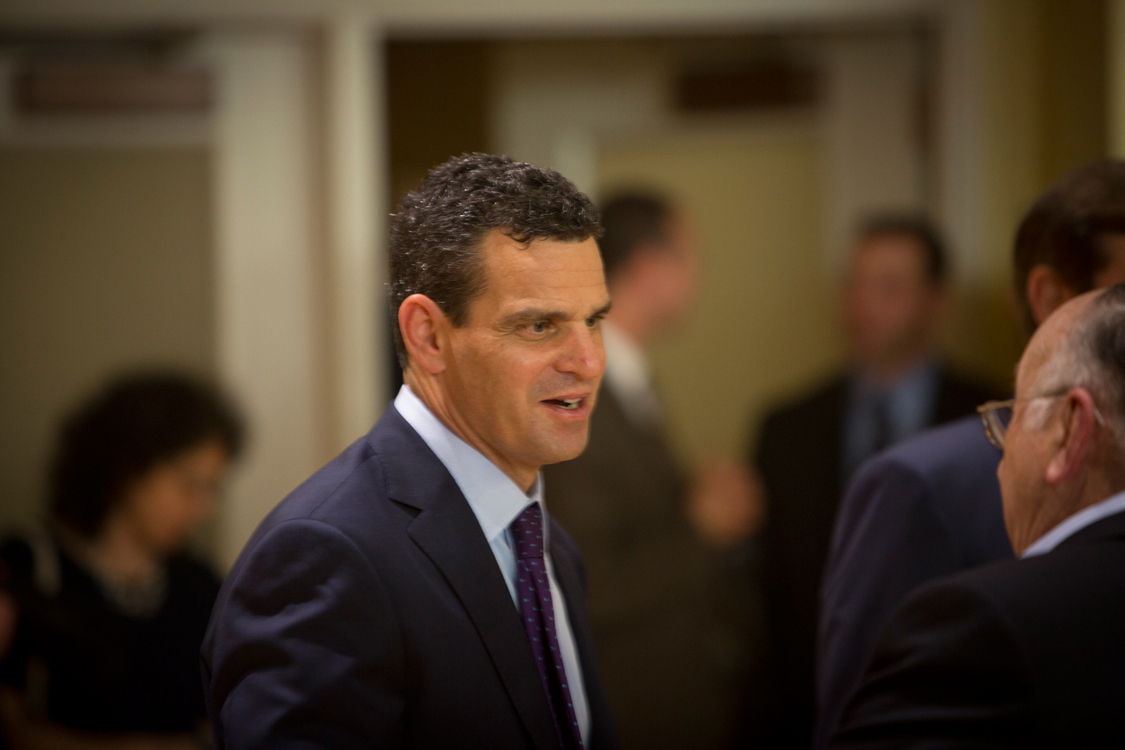No. 2 at CIA looks to the agency's future in campus talk
By Ismael Oumzil

Central Intelligence Agency Deputy Director David S. Cohen ’85 laid out upcoming improvements the CIA plans to implement in his LaFeber-Silbey Lecture in History Sept. 17.
Cohen, the second-highest ranking officer in the agency, highlighted three main goals: improvements in human intelligence, creation of a new body within the CIA devoted to the surveillance of the digital domain and promoting an inclusive work force with more diversity at all levels of the CIA.
In what CIA analysts call a “world that is more unstable than it has been for several decades” with “more outbreaks of instability in any time since the collapse of the Soviet Union,” Cohen said change is needed inside the agency. He also cited declines in democracy around the world and the increase in the number of displaced people around the world reaching an all-time high since World War II.
Cohen outlined how the CIA will address the world of instability by reminding his audience that the CIA “first and foremost [is] an espionage organization.” He said human intelligence and its collection from foreign nations was and always will be the primary work of the CIA.
“A human can provide that critical insight into our adversary’s plans and contentions,” said Cohen, and the role of humans in gathering intelligence likely will grow as more tech-savvy adversaries make digital forms of intelligence collection difficult.
Cohen also introduced the creation of a new branch of the CIA called the Directorate of Digital Innovation (DDI), which will protect the agency from foreign cyber attacks.
“As I am sure you are all aware, cyber attacks against the U.S. government are increasing in frequency, scale, sophistication and severity of impact,” Cohen said. The new directorate also will find new solutions to improve technology available in the field.
The CIA is making strides toward an inclusive and more diverse workforce at all levels, Cohen said. By integrating its workforce, the CIA will benefit from new perspectives and officers who are better informed and more sensitive to foreign cultures.
Together with the new DDI and a more focused human intelligence-gathering force, the CIA of the future is designed to meet the challenges of today’s world, Cohen said.
The lecture was sponsored by the Department of History in the College of Arts and Sciences.
Ismael Oumzil '17 is a writer intern for the Cornell Chronicle.
Media Contact
Get Cornell news delivered right to your inbox.
Subscribe